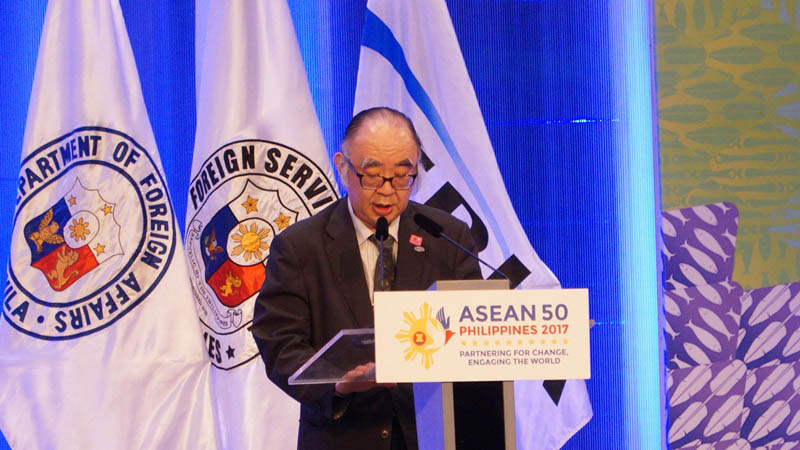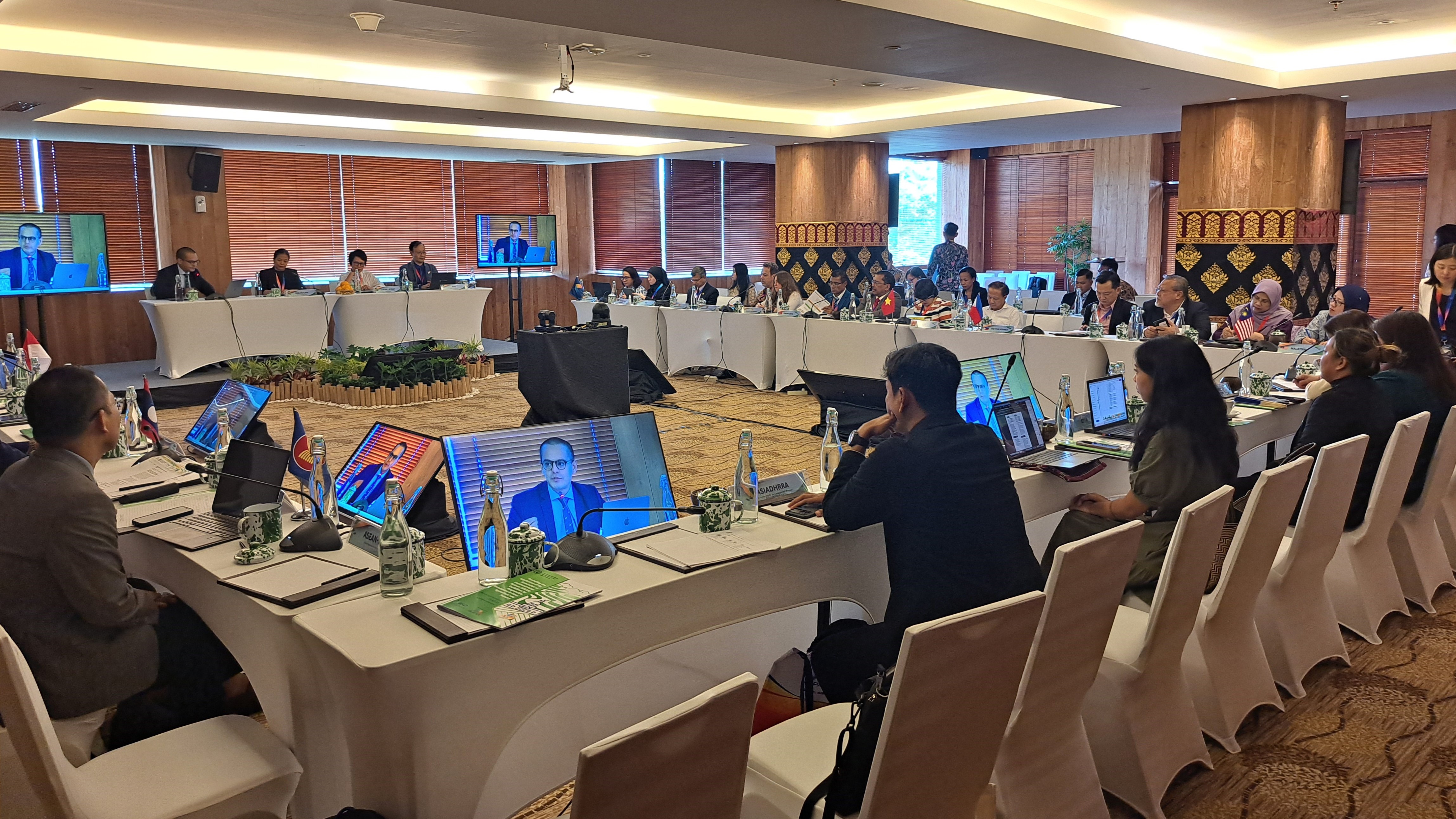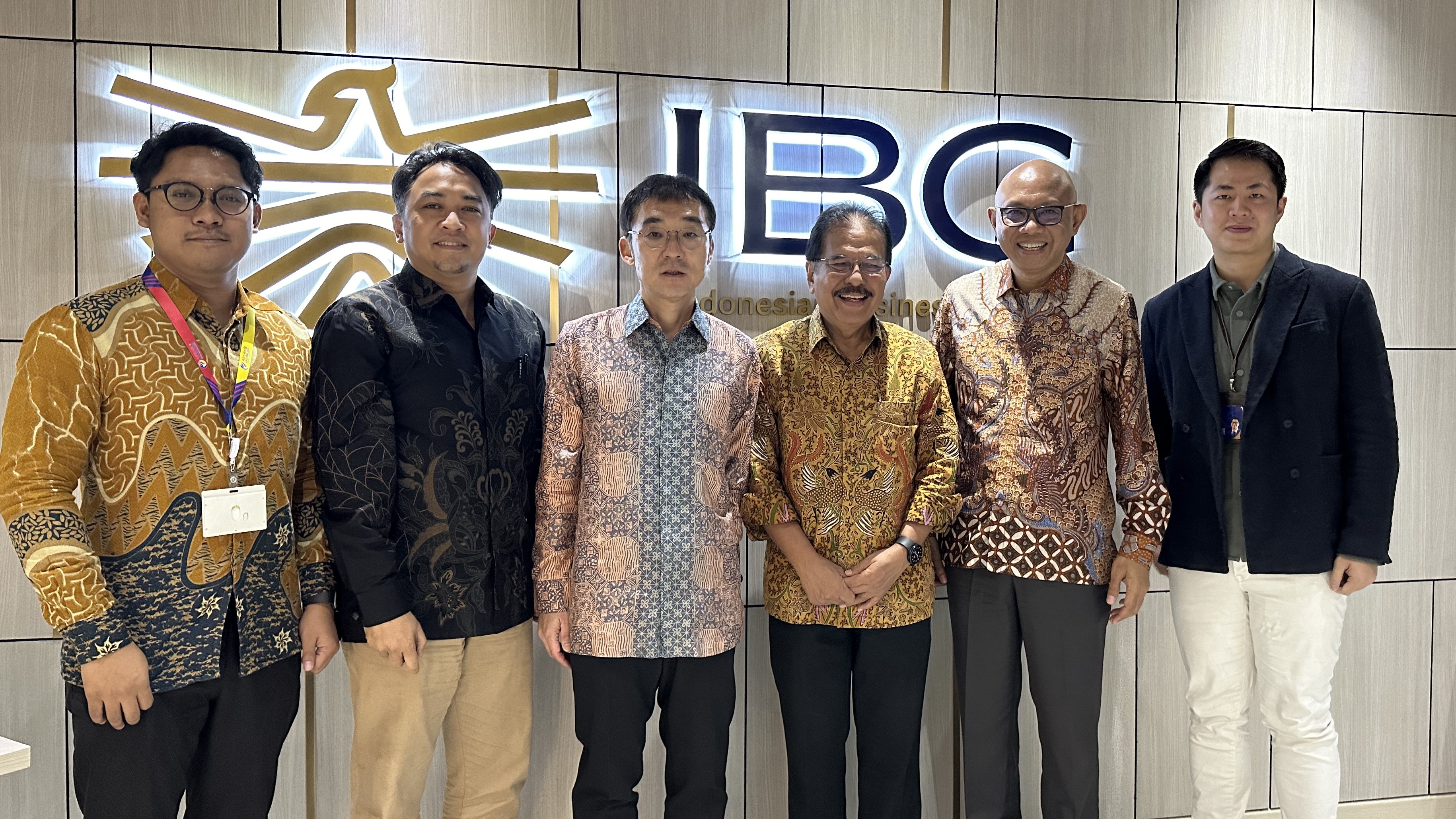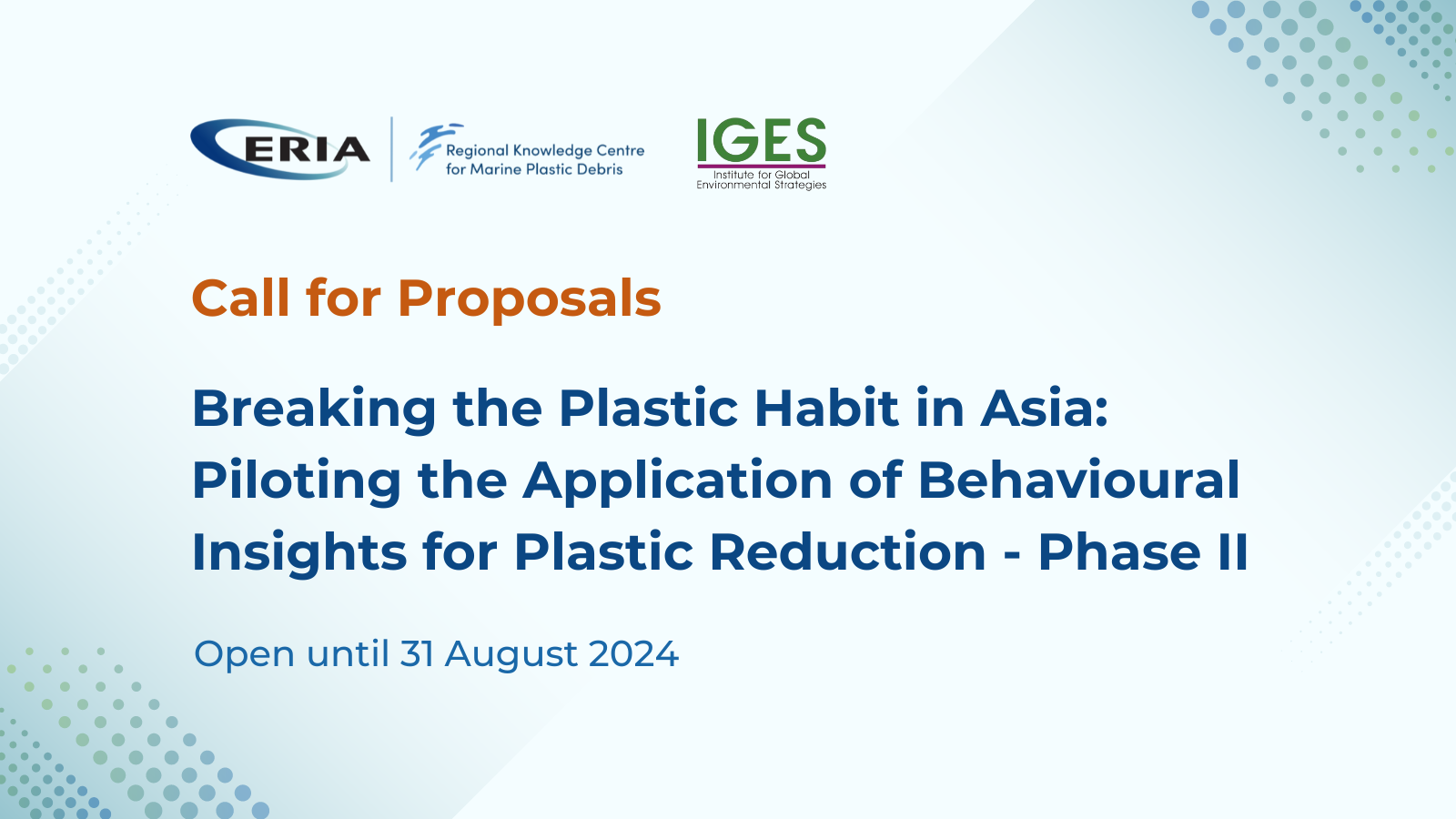ASEAN: From Leader-led to More People-driven
Share Article:
Print Article:
The Association of Southeast Asian Nations (ASEAN) has been a leader-led organisation that is now transitioning to a more people-driven body after a full half a century of existence.
Nevertheless, ASEAN achieved its current success through effective leadership; this new epoch for the grouping would certainly likewise benefit from 'articulate leaders who offer us deep understanding, insight, and thought-provoking voices for an even better ASEAN for the future.'
'This forum is a tribute, however small, to the contributions of the leaders and officials and the support of other stakeholders,' said Prof Hidetoshi Nishimura, President of the Economic Research Institute for ASEAN and East Asia (ERIA).
ERIA organised the High Level Forum on ASEAN@50 in Manila to showcase the contribution of key leaders and officials to the success of ASEAN as a regional bloc.
Prof Nishimura extolled former Philippine President Gloria Macapagal-Arroyo and former Thai Prime Minister Abhisit Vejjajjiva for sharing their 'understanding, insight, and thought-provoking voices for an even better ASEAN for the future.'
At the same time, he encouraged the hundreds of diplomats and members of civil society in the audience to actively engage the panel of former leaders, government officials, and diplomats during the morning and afternoon sessions.
'(This is) because transitioning from leader-led to one that is more people-driven means that we get involved much more deeply than before,' Prof Nishimura said.
Interactions such as this would form among the first concrete manifestations of ASEAN's new trajectory as encapsulated in this year's theme Partnering for Change and Engaging the World.
It also sums up in essence the key direction and the implementation challenges that ASEAN needs to overcome as it makes its way to the next decade and beyond.
The High Level Forum on ASEAN@50 is part of the commemorative activities organised by ERIA and its local partners, the Philippine Department of Foreign Affairs (DFA) and the Foreign Service Institute (FSI) of the Philippine Government with the support of Japan-ASEAN Integration Fund (JAIF) and ASEAN Foundation (AF).
It is the culmination of a series of public symposia on the various ASEAN communities: the ASEAN Political-Security Community; the ASEAN Economic Community; and the ASEAN Socio-Cultural Community that ERIA held in cooperation with local partners namely the ASEAN Research Institute for Strategic Studies and Enterprise (ARISE), the University of the Philippines (UP), the Philippine Institute for Development Studies (PIDS), Mindanao Development Authority (MinDA), and ASEAN Society Philippines with the support from the Philippines' Department of Foreign Affairs - Philippine Mission to ASEAN.
Throughout the series of symposia, ERIA gradually launched a five-volume commemorative publicationmeant to serve as a reference for future leaders and students who seek a better and deeper understanding of ASEAN and its successes.
The book series describes the story of ASEAN, building up from managing intraregional disputes to facilitating the management of pan regional dispute; from economic cooperation to economic integration; and from nation building to community building.
This publication had been the brainchild of ERIA and sponsored into reality with the help of H.E. Amb Elizabeth Buensuceso, the Philippine Permanent Representative to ASEAN.
About ERIA
The Economic Research Institute for ASEAN and East Asia (ERIA) is an international organisation based in Jakarta. Since its founding in 2008, ERIA, through its research, supports the regional economic integration process among ASEAN member countries. As the leading economic think tank in the region and the Sherpa institution for the East Asia and ASEAN Summit process, ERIA's research and policy recommendations have influenced the policymaking process in the region.
ERIA ranked number 17 in the category Top Think Tanks in Southeast Asia and the Pacific in the 2016 Global Go To Think Tank Index (GGTTI) produced by the University of Pennsylvania's Think Tanks and Civil Societies Program (TTCSP). It is also recognised as one of the best regional studies centres in the world.
ERIA's research projects are categorised under three pillars:
- Deepening Economic Integration
- Narrowing Development Gaps
- Achieving Sustainable Development








